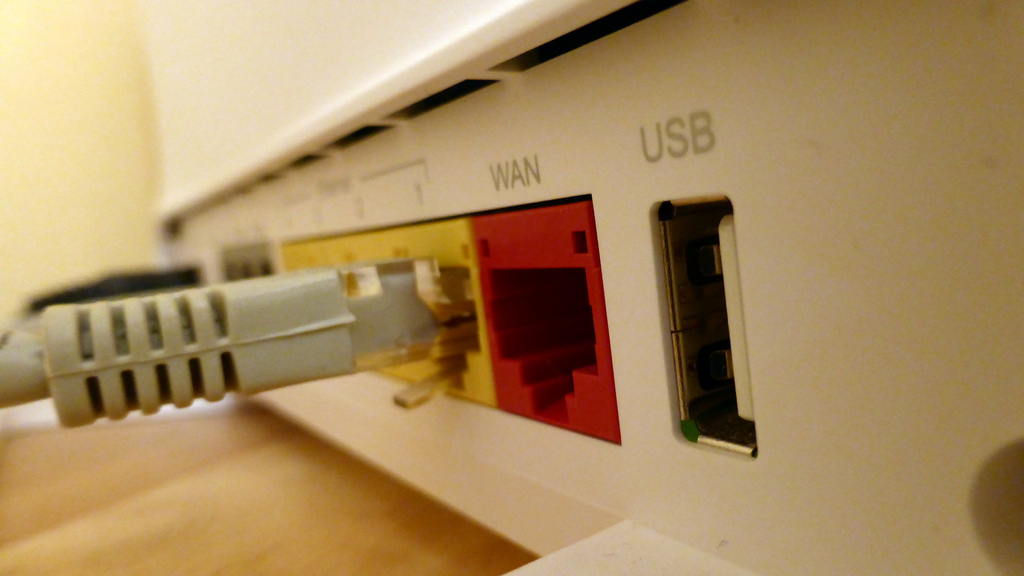What is net neutrality? A beginner’s guide

One of the key political issues of our day has become net neutrality, which has gradually moved from a niche topic in tech publications to a mainstream public debate. However, what that really means has been elusive to many Americans. Let’s figure that out.
A neutral Internet is a “dumb” Internet. That is, the ideal of net neutrality is a world wide web that moves all data from computer to computer without knowledge or care of what that data is, who it came from, or where it is going. That means the data that Getting Things Tech sends you as you load this page would be treated no differently than a Google search or a Netflix stream.
Indeed, he was able to stream in perfect HD. Now, this isn’t a perfect experiment as there are some other plausible explanations, but he is not the only one with these experiences. Vukas explains later what he thinks is the likely explanation: when Netflix signed on with a data transit service that had previously been partnered with Comcast, Comcast responded by refusing to upgrade its connections to that provider.
This is totally legal and probably the reason a VPN helped; it caused Vukas to get the data from another location that Comcast had not refused to upgrade. Comcast connects to various transit services that comprise the public Internet. The “last mile” has to have exit and entrance ramps, so to speak, for customers to access the rest of the web. The accusation is that Comcast has intentionally let the ramps that lead to one of Netflix’s data transfer services to degrade.
Why not outlaw it?
Some of these problems were illegal until a Federal Circuit Court invalidated the rules made by the FCC early in 2014. Now, the FCC is working on new rules. “Fast lanes” for web services wiling to pay ISPs used to be illegal, but the rules were ruled unenforceable due to the way the FCC classifies broadband Internet.
At issue here is that the Internet is not categorized as a “telecommunication service” like phone lines are, but rather an “information service.”
As defined by the law that governs the FCC and all the communication it regulates in the USA, “telecommunications” are:
the transmission, between or among points specified by the user, of information of the user’s choosing, without change in the form or content of the information as sent and received.
With that in mind, a “telecommunication service” is:
the offering of telecommunications for a fee directly to the public, or to such classes of users as to be effectively available directly to the public, regardless of the facilities used.
Does that sound like the Internet? For many, it does. When the aforementioned law was passed, Internet providers were treated as telecommunication services. It was not until 2002 that this reclassification happened. According to the law, an “information service” is:
the offering of a capability for generating, acquiring, storing, transforming, processing, retrieving, utilizing, or making available information via telecommunications.
Now, we can see this is becoming a semantic argument. In the reinterpretation of the law, a phone call is an act of telecommunication because you elect to call your friend, who hopefully elects to pick up the phone, and there is no “man in the middle” who alters, slows, speeds, or does anything at all to the communications between you and your friend. The telecommunication provider from whom you buy phone service is required to obey that rule of thumb and the law dictates that these kinds of services must be available to you and that there must be as much competition as possible to offer you those services.
As of 2002, the Internet is different. The hope was that reducing regulation on ISPs would encourage more competition and upgrades to broadband services. Unfortunately, that hasn’t really happened. Currently, 3 out of 4 Americans only have one choice for “very fast” broadband – that is, the speed that cable broadband offers versus satellite, which is barely usable and definitely unsuitable even for video streams. While the FCC also finds that 80% of Americans have access to two or more broadband providers, most of these people with two choices only have one cable choice.
Making ISPs a utility would make it legal for new services to use the same, expensive, and government-commissioned landlines that the ISPs use exclusively today. This is how the telephone industry already works. Adding competition tends to result in upgrades to those lines to increase speed. Only time will tell about how the non-net neutral USA will fare in this regard.
More than just quality of service, net neutrality advocates fear a less and less neutral Internet will stifle competition among web services – for instance, a startup streaming service will struggle to pay the prices that Netflix can to ensure quality. Likewise, this sets a dangerous precedent for ISPs to inspect user browsing data to construct advertising profiles or, even worse, learn about or censor political activity.
Featured image courtesy of Sean MacEntee (Flickr)
COMMENTS
Search
Related Posts
Recent Posts
- Make Prism.js show line numbers by default (without CSS classes)
- Hemingway App 3.0 update review: A gimmick becomes a real app
- Hugo vs. WordPress page load speed comparison: Hugo leaves WordPress in its dust
- Hemingway App 2.0 update: A worthwhile update comes with unfortunate price hike
- How to view academic journal articles off campus using your library's proxy
categories
Support This Site
Bitcoin Donations:18DP9TGdPN5usTKMRMfPk6Q2mSr4mAz8NJLitecoin Donations:
LPKQbDPykwjXr5NbXfVVQH9TqM5C497A16